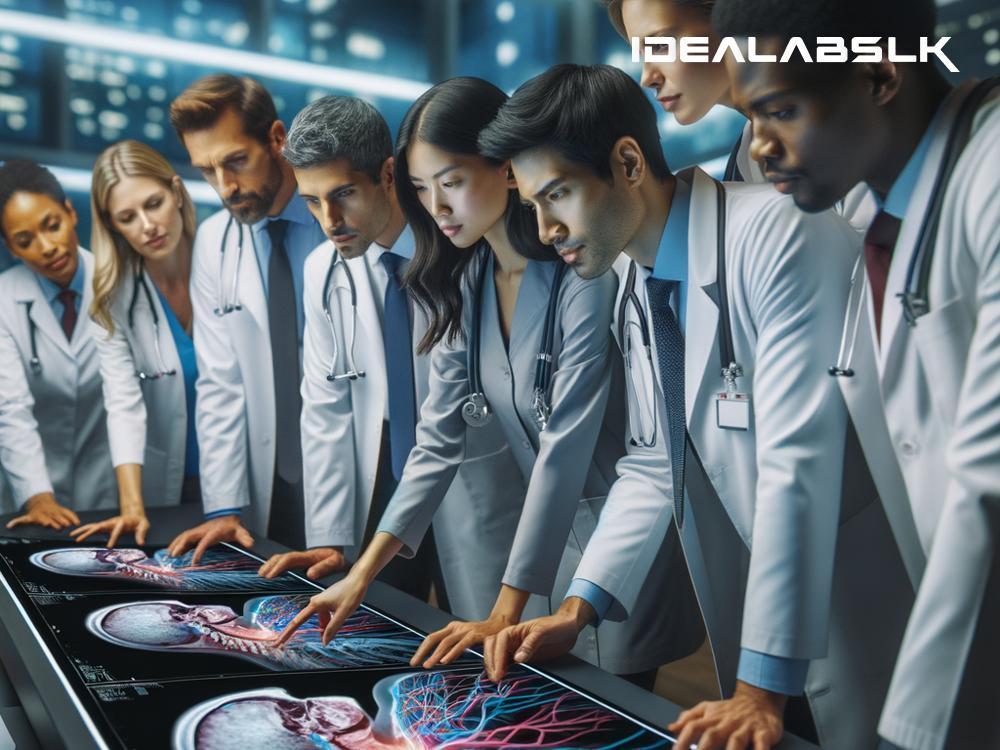Title: The Future of Your Health: Exciting Changes with Digital Twin Technology
Technology has been a game-changer in many aspects of our lives, from how we communicate to how we work, and now it's dramatically changing how we manage our health. Among the most fascinating advancements is Digital Twin technology, a concept that's transforming personalized healthcare in ways we only dreamed of a few years ago.
What is a Digital Twin?
Imagine having an exact digital replica of yourself, not just a static image or 3D model, but a dynamic, virtual copy that lives and breathes (digitally) just as you do. This replica, or "Digital Twin," can simulate how your body operates and reacts to treatments, diseases, and lifestyle changes in real-time. It's like having a personalized laboratory where scientists and doctors can understand your health condition deeply without the need to conduct invasive tests on your actual body.
The Birth of Personalized Healthcare
Healthcare has long suffered from a 'one size fits all' approach. Most medical treatments and diagnoses are based on general knowledge and broad statistics. However, we're all unique, and how our body reacts to treatment can vary widely. Digital Twin technology brings us into the era of personalized healthcare. By using data from our body - including genetics, lifestyle, and the environment – healthcare professionals can tailor treatments that are specifically designed for us as individuals.
For instance, if you're diagnosed with a condition like diabetes, your digital twin can help predict how you'd respond to various treatments, minimizing the time and guesswork involved in finding the right solution for you.
Beyond Prediction to Prevention
One of the most exciting aspects of Digital Twin technology is its potential in preventive medicine. By monitoring your digital twin, doctors can identify early signs of potential health issues before they manifest in real life. Think of it as a highly advanced warning system, giving you the chance to make lifestyle changes or start treatments that could prevent diseases from developing in the first place.
Boosting Medical Research and Drug Development
Developing new drugs and treatments is a costly and time-consuming process often hampered by the limitations of traditional clinical trials. Digital twins offer a groundbreaking way to streamline this process. By testing on digital replicas, researchers can more rapidly understand how different human bodies will react to a treatment, reducing the reliance on physical trials and speeding up the development of new medicines.
This not only cuts down on the time it takes for new treatments to become available but also increases their efficacy and safety by providing a clearer picture of potential side effects on different body types.
The Challenges Ahead
While the potential benefits of Digital Twin technology in healthcare are immense, they are not without their challenges. Creating an accurate digital twin requires massive amounts of personal data, raising significant privacy and security concerns. Ensuring that this sensitive information is protected will be a crucial hurdle to overcome.
Moreover, the technology's complexity demands substantial investment and collaboration between tech developers, medical professionals, and patients. Ensuring equitable access to these advancements is also essential; otherwise, we risk deepening the health inequality gap.
Looking to the Future
Digital Twin technology truly represents a revolution in how we approach healthcare. It promises a future where treatments are not just reactive but proactive, moving us closer to a world where healthcare is tailored to our specific needs, potentially extending life expectancy and increasing our quality of life.
However, translating this potential into reality will require not just technological advancements but a comprehensive approach that addresses ethical, privacy, and accessibility concerns as well. If we can navigate these challenges successfully, the dream of truly personalized healthcare might just become a commonplace reality in the not-so-distant future.
Personalized healthcare through Digital Twin technology isn't just sci-fi fantasy; it's an emerging reality that could redefine our relationship with health and medicine. Despite the challenges that lie ahead, the journey towards a healthier future seems not just necessary but inevitable. In the end, the question isn't if Digital Twin technology will change healthcare—it's how soon can we make it happen.

